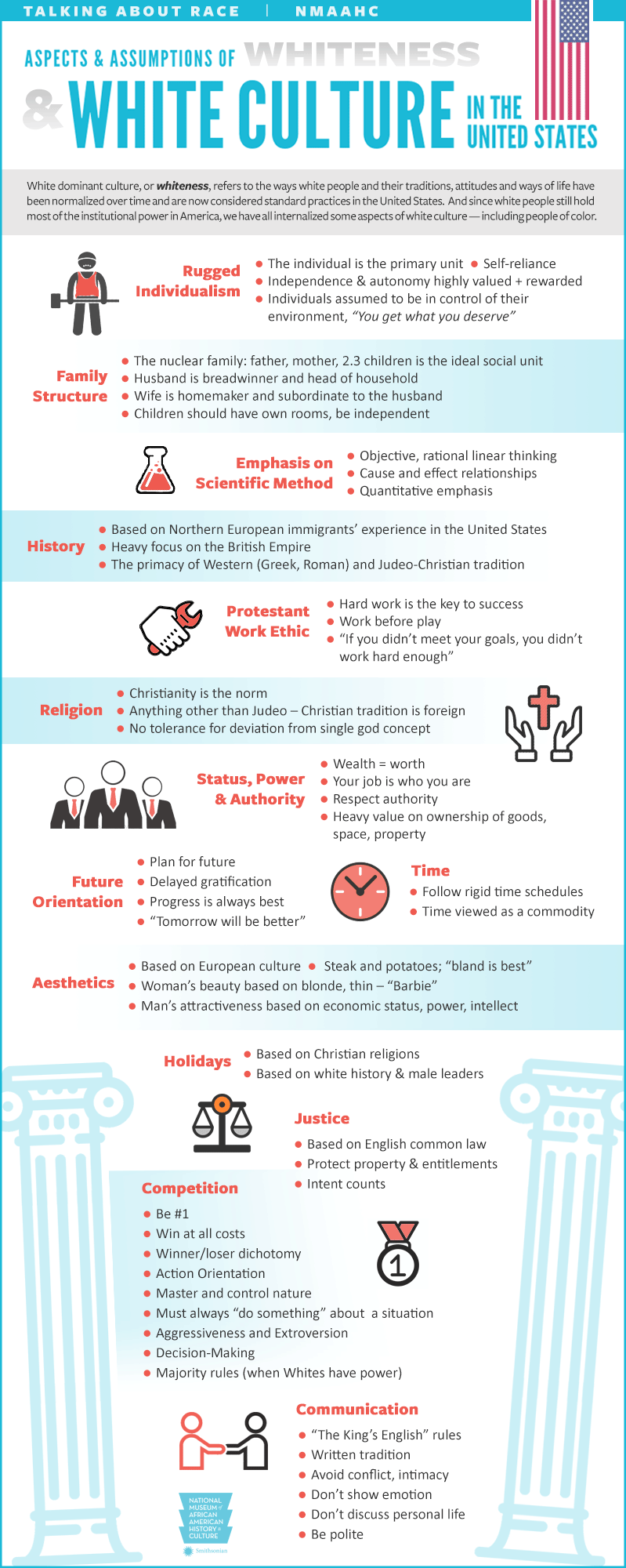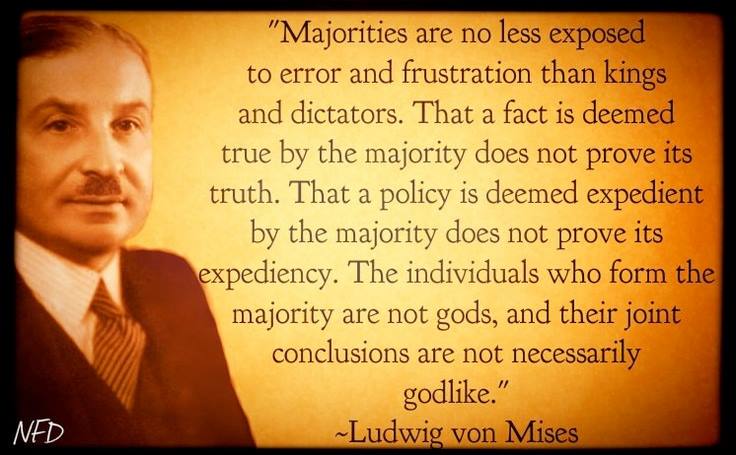Comparing the civil unrest at the Capitol to the 9/11 attacks seems to be the trendy thing to do. Doing so is idiotic, but most trendy things are. However, there is a noteworthy characteristic they share: they preceded crackdowns on heterodox ideas.
This crackdown has been more obvious because it follows the popularization of social media. We get to witness Facebook, Twitter, and YouTube ban users. The posts and videos made by politicians and orthodox thinkers calling for the suppression, oftentimes through violent means, of heterodox thinkers are shared far and wide. What makes it even worse is that there are quisling everywhere. Numerous people are bragging about having reported friends of family members to authorities and administrators for the crime of expressing wrongthink.
Social media sites have made it clear that they will not host heterodox ideas. The revolution won’t be tweeted. So what’s a heterodox thinker to do?
The first thing you need to do, if you haven’t already, is establish additional means of contacting your fellow heterodox thinkers. Secure means of communication are preferable. My tribe and I have make extensive use of Signal and Element. But even e-mail is enough to notify your tribe that you were purged.
The second thing is tidy up your tribe. In an environment where friends and family members are bragging about selling each other out, it pays to raise some walls between your social circles. Take a page from the freedom fighter book and establish cells. Despite what social media encourages, not all of your friends have to know all of your other friends. Not every person with whom you sleep needs to meet your parents. It makes sense to separate your social circles into cells. Treat your family as one group. If you’re a Linux enthusiast, treat your Linux enthusiast friends as another group. If you’re also an anarchist, treat your anarchist friends as a third group. You may have friends who fall into multiple groups, which is fine. The purpose of tidying up your tribe isn’t to separate all of your friends from one another, it’s to separate those who ideologically opposes one another. Having family members is great. Having fellow anarchists is great. But some of your family members may be orthodox thinkers and thus ideologically oppose your heterodox thinking anarchist friends. If those family members know who your anarchist friends are, they may choose to report them (possibly to the authorities, possibly to the service administrators, or possibly to both).
The third thing is to establish appropriate long-term methods of communicating with your cells of friends. If your family are mostly orthodox thinkers then phone calls, standard text messages, e-mail, and even social media sites (if you haven’t already been banned) may be appropriate. Your Linux cell is likely more technologically savvy but still mostly on the up and up in the eyes of orthodox thinkers so tools like Internet Relay Chat (IRC) and Discord may be appropriate. Your anarchist cell will be populated by heterodox thinkers so secure communications, preferably using decentralized and even more preferably self-hosted tools, will be appropriate.
The final thing only applies to cells with an external mission. You and your cell need to determine appropriate ways of publishing your propaganda. The more orthodox the thinking of a cell is, the easier this is. Your Linux cell is still mostly free to post its propaganda on social media sites. But your heterodox thinking cells need to put more effort into this. Anarchists, for example, can’t rely on social media platforms. They need to consider setting up self-hosted websites, establishing mailing lists, etc. Distributing local propaganda may require resorting to old-fashion pamphlets.
Mainstream acceptance of free expression ebbs and flows. We are currently in an ebb, but just because acceptance of free expression is moving back out to sea doesn’t mean it won’t return. It also doesn’t mean we can’t express ourselves. We just need to practice more caution and exercise more creativity.



